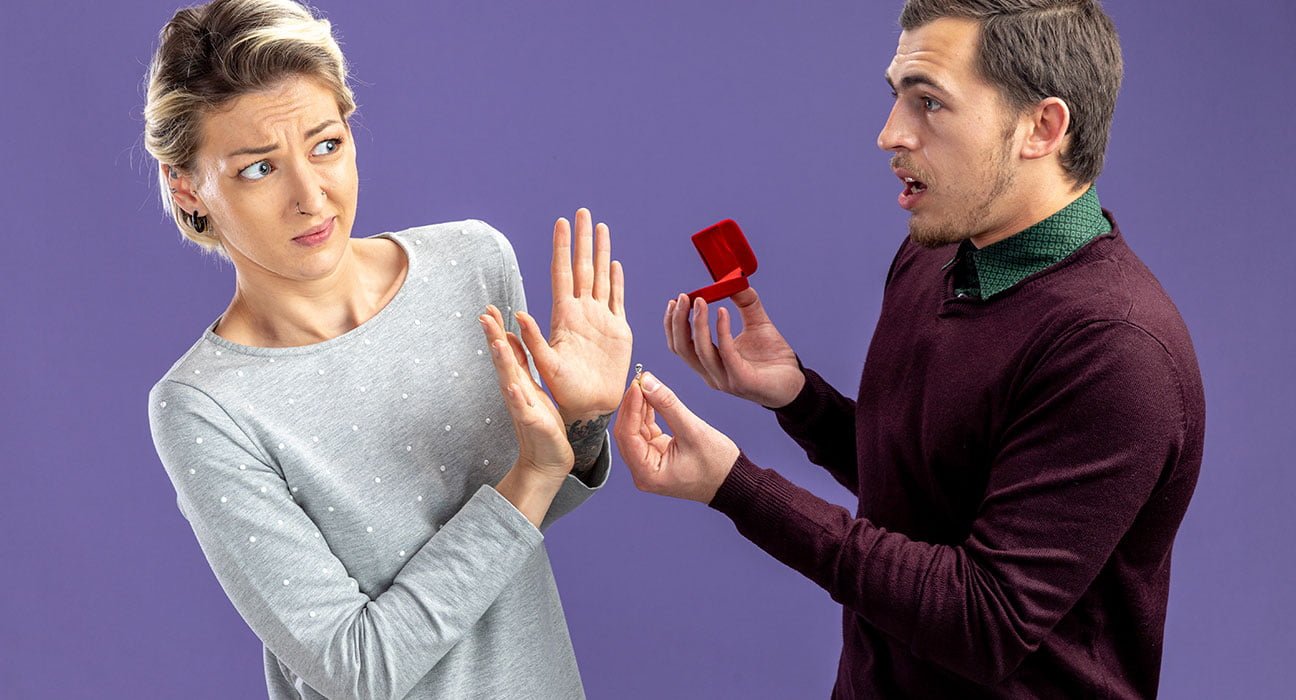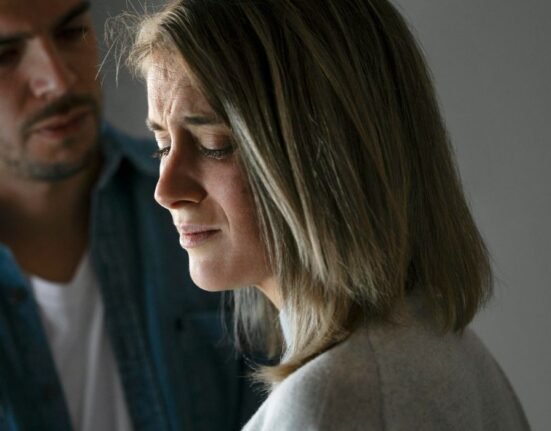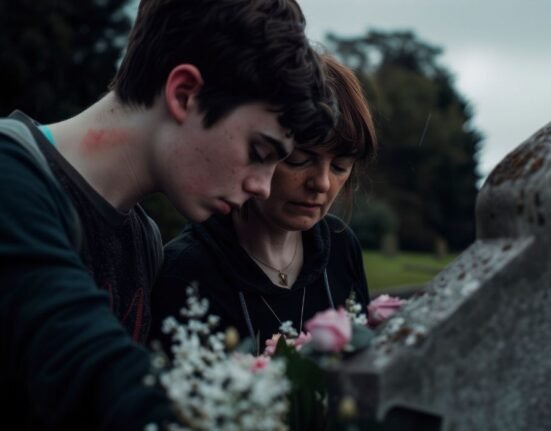What is Gamophobia
Gamophobia, or the irrational dread or loathing of marriage or commitment, affects many people. While gamophobia may appear to be a minor issue, it can significantly impact a person’s quality of life and relationships. This post will look at the causes, symptoms, and treatment options for gamophobia.
Causes of Gamophobia
Gamophobia can originate from a number of circumstances, and it frequently does so as a result of a combination of factors. Some of the most common causes of gamophobia are as follows:
Traumatic Experiences: Gamophobia may be the result of a painful experience or a terrible relationship in the past for certain people. They may have watched their parents’ terrible marriage or gone through a difficult divorce. These experiences might have a lasting impact on people and lead to a dread of committing.
Underlying Psychological Issues: Gamophobia may also be accompanied by underlying psychological illnesses including anxiety, melancholy, or a fear of abandonment.Individuals may find it challenging to build and maintain good relationships as a result of these challenges.
Societal Pressure: Societal pressures and cultural expectations about marriage and commitment can also contribute to gamophobia. Some people may feel compelled to marry or be in a committed relationship in order to fit in with their social group or meet the expectations of their family and friends.
Symptoms of Gamophobia
Gamophobia can appear in a variety of ways, with symptoms varying from person to person. Here are some of the most common gamophobia symptoms:
Fear of Commitment: Fear of commitment is the most visible sign of gamophobia. Individuals suffering from gamophobia may avoid all romantic relationships and remain single for the rest of their lives. They can feel threatened or worried about starting a relationship or committing to a long-term partnership.
Anxiety and Stress: Gamophobic people may experience intense anxiety and stress when faced with the idea of marriage or commitment. They may be concerned about the future and believe they are unprepared for such a huge life change.
Relationship Difficulties: Gamophobia can make it difficult for people to build and maintain healthy relationships. They may have difficulty trusting others and may reject possible mates.
Physical Symptoms: Gamophobia can cause physical symptoms such as sweating, shivering, and nausea in some people. These symptoms can be induced by marriage or commitment-related thoughts or experiences.
Treatment of Gamophobia
Fortunately, gamophobia can be treated and the various ways through which it can be treated are:
Therapy: Therapy can be an effective way to address the underlying psychological difficulties that contribute to gamophobia. Cognitive-behavioral therapy (CBT) is a typical treatment for gamophobia. CBT aims to recognise and change negative thought patterns and behaviours that contribute to anxiety and dread.
Medication: Medication may be recommended in some circumstances to assist manage the symptoms of gamophobia. Antidepressants and anti-anxiety drugs can help alleviate anxiety and stress.
Self-Help Strategies: Gamophobic people can utilise a variety of self-help tactics to control their symptoms. Meditation, mindfulness, exercise, and relaxation practises are examples of these. Building a strong support system of family and friends can also be beneficial for people suffering from gamophobia.
Gradual Exposure: Gradual exposure is a CBT strategy that includes gradually exposing people to circumstances that cause them worry or anxiety. This strategy can help people gradually increase their tolerance and confidence.













Leave feedback about this